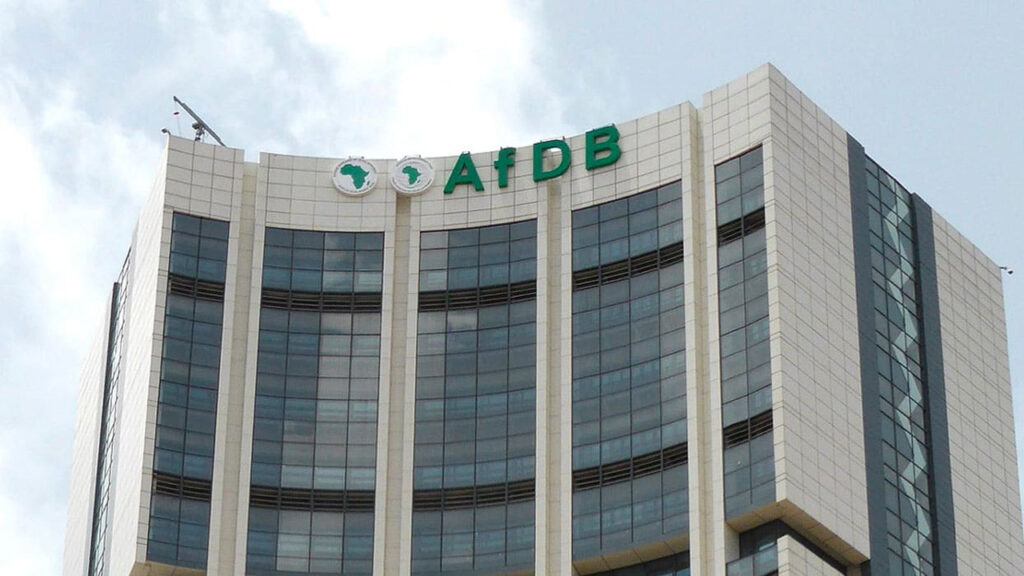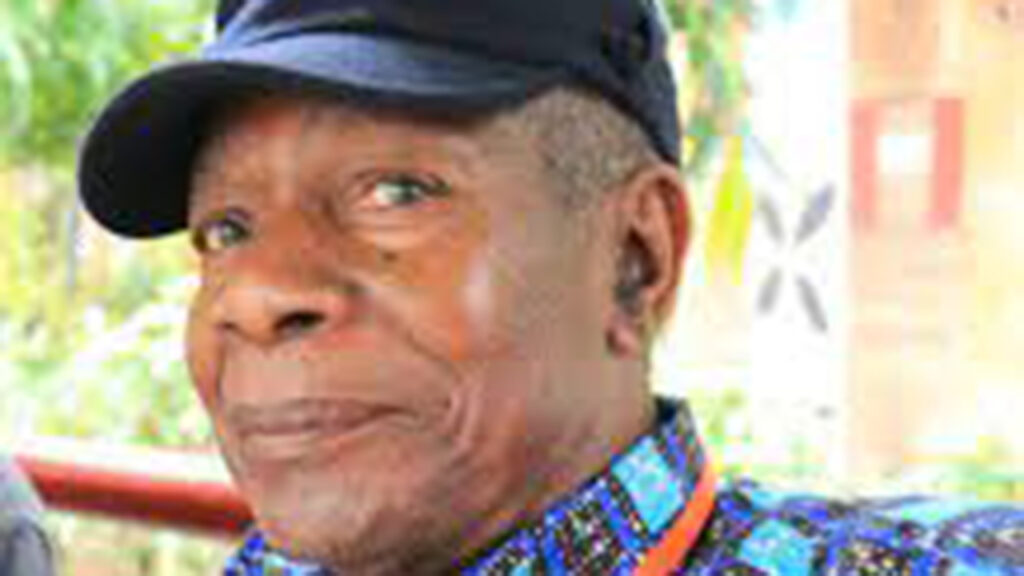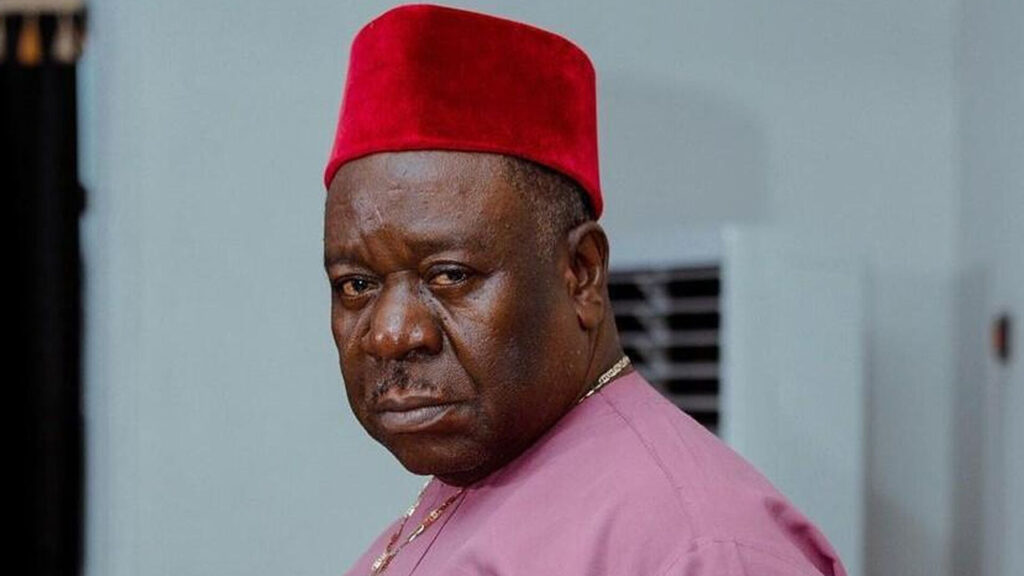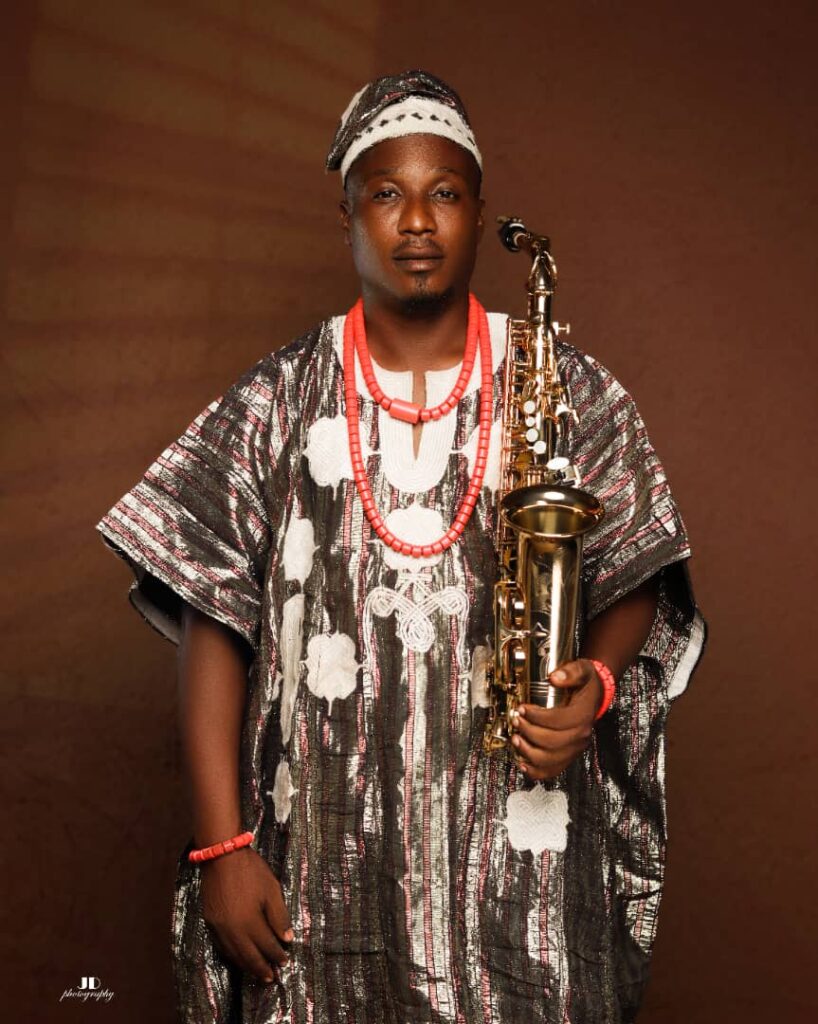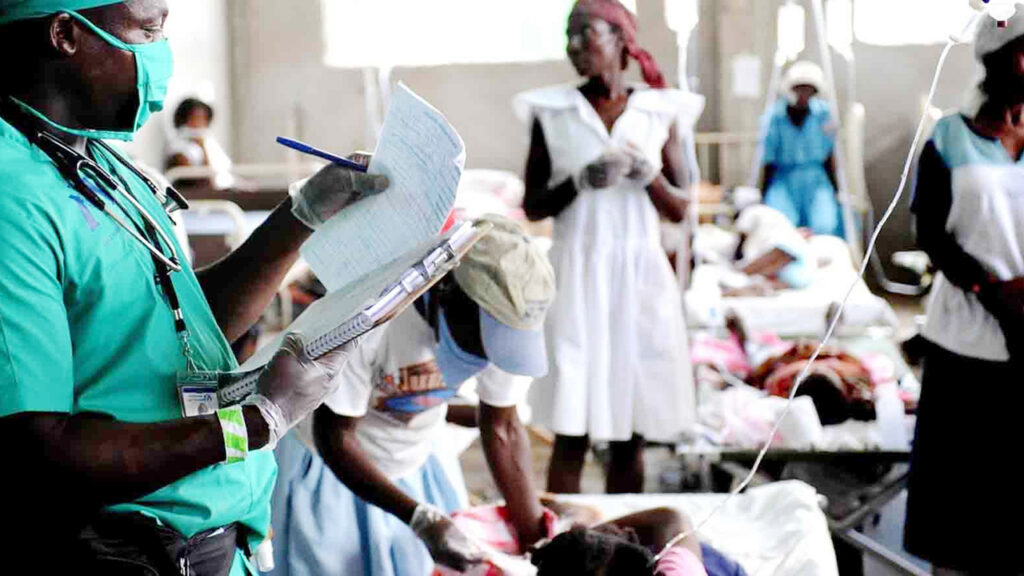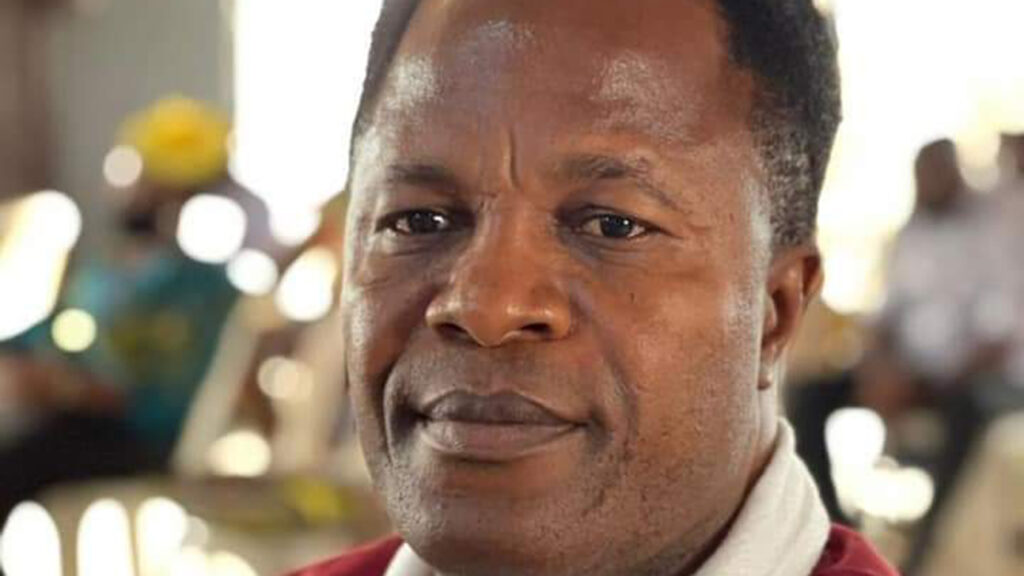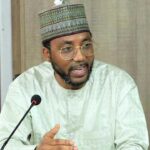
…AfDB To Invest $2.9 Billion In Food, Agriculture Delivery Compacts
… Appoints Special Envoys To Fast-Track Implementation
Six African countries have set up presidential-level councils to drive implementation of food and agriculture in the continent, while twelve more countries are at various stages of establishing their councils.
The six presidential councils have taken off in Nigeria, Tanzania, Democratic Republic of Congo, Central African Republic, Sierra Leone, and Zambia, while the councils in Benin, Burundi, Chad, Cote d’Ivoire, Cameroon, Ethiopia, Egypt, Ghana, Guinea-Bissau, Senegal, Malawi, and Togo are in the process of operationalisation.
This development was announced by African Development Bank Group president, Dr Akinwumi Adesina recently at an event on the sidelines of the 2024 Annual Meetings in Nairobi, Kenya to take stock of the progress made since the Dakar 2 Summit which was convened by the Bank and the Senegal government in January 2023.
The 2023 Dakar 2 Summit demonstrated the will, dedication and commitments of African governments, development partners, and private sector entities towards ensuring the future of agriculture on the continent is on a progressive ascendency.
At that summit, $72 billion was mobilised for agriculture development and transformation across Africa. Now the Bank has committed to invest $2.9 billion to support these Compacts, and also appointed two Special Envoys to coordinate and support the Presidential Delivery Councils.
Adesina identified various obstacles to Africa’s ability to feed itself, including climate change, global volatility of food prices, and geopolitical shocks. He reiterated the Bank’s commitment to investing $25 billion over a ten-year period to increase food production and bolster the continent’s agricultural resilience.
Adesina noted five important needs required for agricultural transformation in Africa: the need to raise agricultural productivity; the need to significantly expand private sector financing for agriculture; the need for younger farmers in the agriculture sector; the need for significant policy support to de-risk agriculture financing; and the need for effective collaboration and cooperation.
He cited examples of the Bank Group’s ambitious interventions to address these needs, like the Technologies for African Agricultural Transformation (TAAT) programme, African Emergency Food Production Facility, Africa Fertilizer Financing Mechanism, Agri-food SME Catalytic Financing Mechanism, and Special Agro-Industrial Processing Zones (SAPZs) programme.
Sierra Leone’s Minister of Finance, Sheku Ahmed Fantamadi Bangura highlighted the work of the multi-stakeholder Presidential Council set up to oversee the implementation of Sierra Leone’s Compact.
Angola’s Minister of Planning, Victor Hugo Guilherme disclosed that Angola’s Long-term Development Strategy (“Vision 2025”) identifies food security as a leading priority. He said the government is financing the provision of modern agriculture tools to address the low productivity of Angola’s smallholder farmers who account for 99% of all cultivated land in the country.
Bärbel Kofler, Parliamentary State Secretary of the German Federal Ministry for Economic Cooperation and Development (BMZ), and the Bank’s Governor for Germany, also touched on the productivity issue. He said: “If you want to feed Africa, you need to raise the productivity of smallholder farmers.”
Associate Vice-President, International Fund for Agricultural Development (IFAD), Donal Brown, emphasised the importance of collaboration, citing the example of the Mission 1 for 200 (M1-200), as well as the $538 million co-financing between the Bank, IFAD and the Islamic Development Bank to develop Special Agro-Industrial Processing Zones in Nigeria.
Director & Global Head, Trade Finance, African Export–Import Bank, Gwen Mwaba, highlighted the role of trade financing as a “great facilitator” for supporting Africa’s food security and resilience. She shed light on Afreximbank’s “trade guarantee” options for exporters and counterparties, as well as its financing support for the procurement and production of fertilisers by African countries.
Chief Financial Officer, Arise Integrated Industrial Platforms (Arise IIP), George Olaka, shared the company’s approach of partnering with multilateral financial institutions like the African Development Bank, Afreximbank, the Africa Finance Corporation (AFC), as well as African governments, to build and operate industrial parks and zones to improve production, value-added logistics, and intra-African trade.
Vice President, Mastercard, Daniel Huba also spoke about the new “Mobilising Access to the Digital Economy (MADE) Alliance: Africa” initiative, launched in May as a partnership between the African Development Bank and Mastercard. This will provide 100 million small-holder farmers Africans with trusted digital credentials to improve their access to credit.
In her closing remarks and vote of thanks, AfDB Vice President for Agriculture, Human and Social Development, Beth Dunford, said:
“What Dakar 2 shows is really the importance of country leadership. Through the Country Food and Agriculture Delivery Compacts, which have charted the path for accelerated and focused investment, and agricultural transformation, the results are really showing.”

